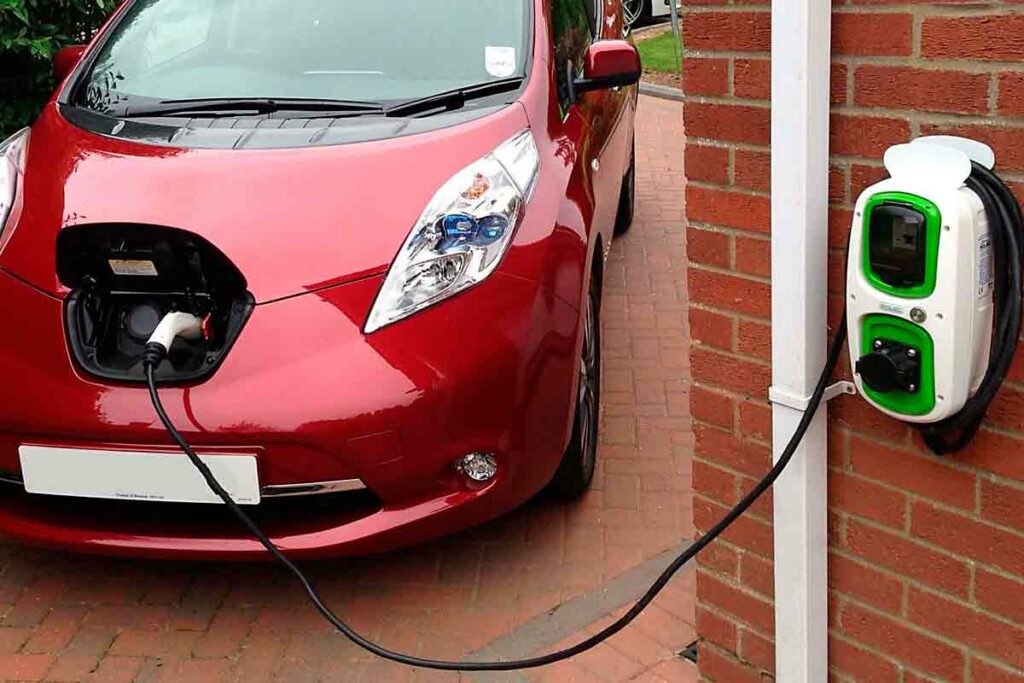
More than 200 home charging devices for electric cars have been installed in Lambeth with the help of government grants, but not one of them is in the SW9 postcode that covers much of Brixton.
Sales of vehicles powered solely by petrol or diesel are due to be outlawed in less than 10 years.
According to figures from the Office for Zero Emission Vehicles, reported by the insurance comparison platform Quotezone, there has been a big increase in demand for electric car home charging grants.
More than 42,000 grants, worth nearly £17m, were made last year – over a quarter of the value of all grants since the scheme began in 2014.
Electric Vehicle Homecharge Scheme (EVHS) grants provide 75% of the cost of installing electric vehicle charging devices at UK domestic properties.
The South East has the highest percentage in the UK of EVHS devices – 735 grants per 100,000 homes.
Quotezone said that Lambeth has 209 charging devices installed.
There were 55 installed in 2019, but installations were down to 51 in 2020.
A total of £104,850 in grants was given for Lambeth installations from 2014 to 1 April 2020.
This is the is fifth highest for inner London boroughs, but spending is now fairly flat, Quotezone said. SW2 – which takes in parts of Brixton, Streatham and West Norwood – has 26 devices installed, SW9 has none.
Electric vehicle registrations soared in 2020, with 87% growth for alternative fuel vehicles, while total vehicle registrations dropped 27%, with diesels down 51%.
The government announced in November that from 2030 cars wholly powered by petrol or diesel will no longer be sold in the UK.
Greg Wilson, Quotezone’s founder said: “Easy access to recharging points is crucial to meeting the government’s ambitious targets for electric vehicle use, but there is much work to do to meet the government’s plans.”
He said research by the Society of Motor Manufacturers and Traders suggests an investment of £16.7bn is needed for the public charging infrastructure alone – excluding local grid network updates.
“While grant funding take-up for charging devices shot up last year, it will need to increase to ensure that more than 2m new vehicles sold each year can access electric charging points as the 2030 deadline draws closer.”






